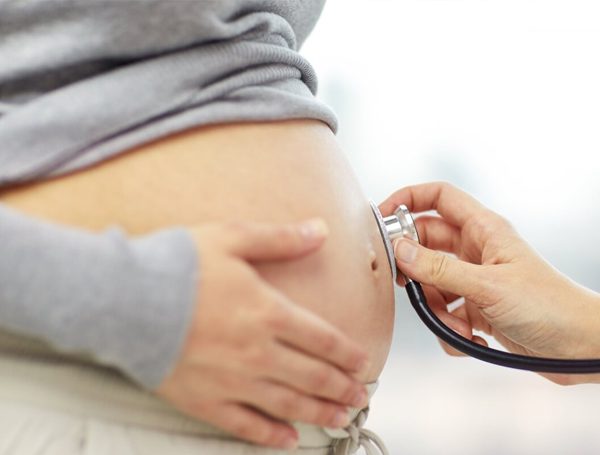
Your baby’s kicks alert you that there is life inside you. The kicks certainly can make you feel happy and reminds you there is a whole bundle of joy that is going to join you soon. It even allows your husband to find some connection with the unborn baby. It also serves as a major indication that your fetus is going through healthy growth. Here are some more interesting facts about baby kick experienced in pregnancy:
- Lesser number of kicks indicate the baby’s distress
As soon as you have completed your pregnancy journey of 28 weeks, your doctor is going to ask you to keep a count of baby’s kicks. Typically, a baby kicks ten times in two hours. Reduced number of kicks mean fetal distress. It can be in the form of maternal stress, nutritional problems, placental abruption, fetal hypoxia and premature rupture of amniotic sac.
A non-stress test or an ultrasound scan is a good way of finding out baby’s heart beat and cause of reduced movements of fetus.
Your physical and emotional state has an impact on the movement of your baby. Furthermore, lack of nutrition supply can also cause improper development of the baby’s nervous system reducing fetal activity. Drink lots of water and keep walking in case you don’t feel baby’s movement .
Placental abruption is a condition where flow of blood and oxygen to the fetus is restricted effecting its development. Similarly, premature rupture of amniotic sac causes decreased amniotic fluid and reduces fetal movement because of insufficient supply of oxygen or stress. Yet another reason is fetal hypoxia which occurs when the umbilical cord gets deformed, kinked or twisted.
2. Kicks are an indication of healthy development of the baby
If you really want to know how your baby is doing inside your womb, baby kicks are a great indication. They tell you that you baby is developing perfectly well inside you. whne you baby kicks, rolls, tumbles or turns inside you, know that your baby is active which is a good sign. Moreover, you will even experience a flutter or a swishing feeling in your abdomen when the baby stretches out its hands and feet. You will feel such movements more during the later stages of your pregnancy.
- The baby reacts to the changes around him
When babies detect changes in their surrounding environment, they tend to kick in response to it. any changes like different noises or the food you eat can trigger a kick. It is during the 20th week that the fetus begins to hear low pitch sounds and then slowly move on to hearing high pitched sounds as time passes. Such movements are a sign that your baby is perfectly normal.
The baby gets to taste various flavors of food that the mother eats through the amniotic fluid that the baby is surrounded by inside the womb. When the baby either likes or dislikes the fluid, the baby tends to kick in response.
- You will be able to feel kicks after nine weeks
You might get a feeling of flutter in your abdomen in the early stages of your pregnancy. They actually indicate baby movements. It is around the seventh week that the movements begins. Babies usually start kicking after nine weeks of pregnancy. They begin to move their limbs. You will be able to feel the hiccups and kicks of the baby quite often after 24 weeks of gestation. The ultrasound scan can detect the early kicks.






